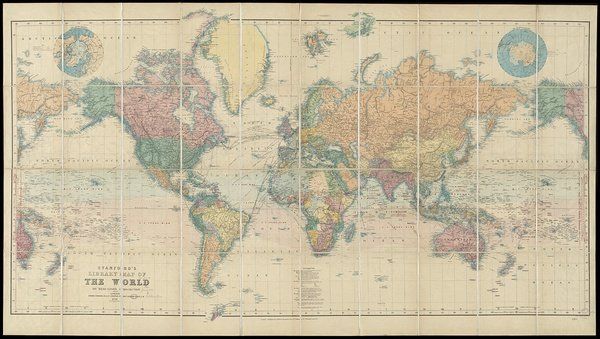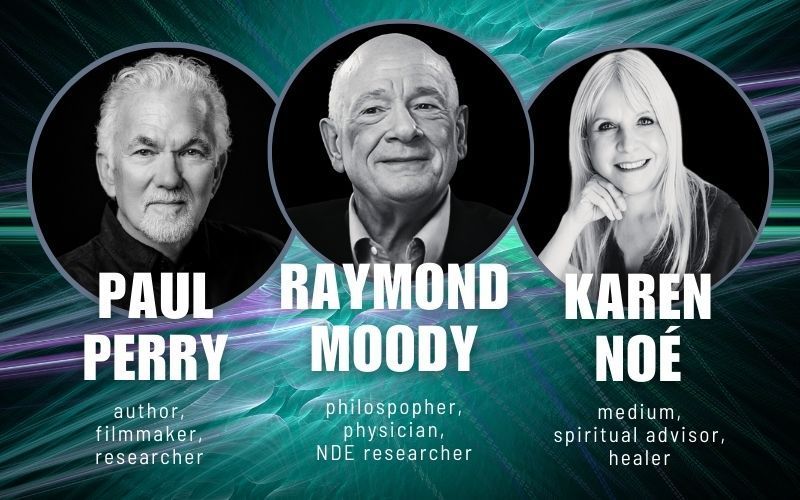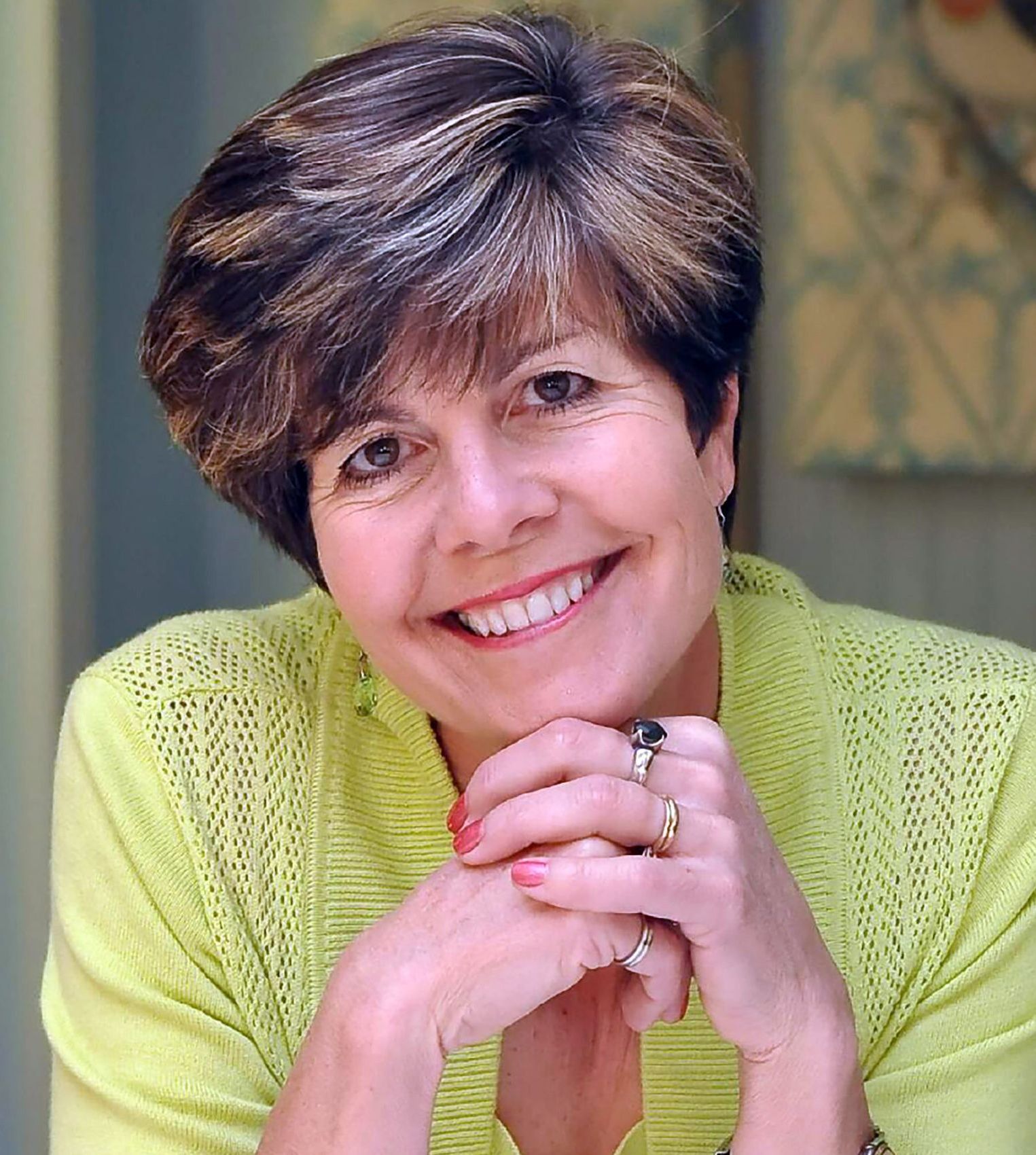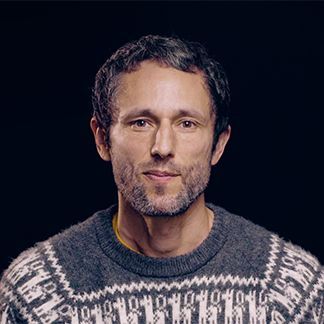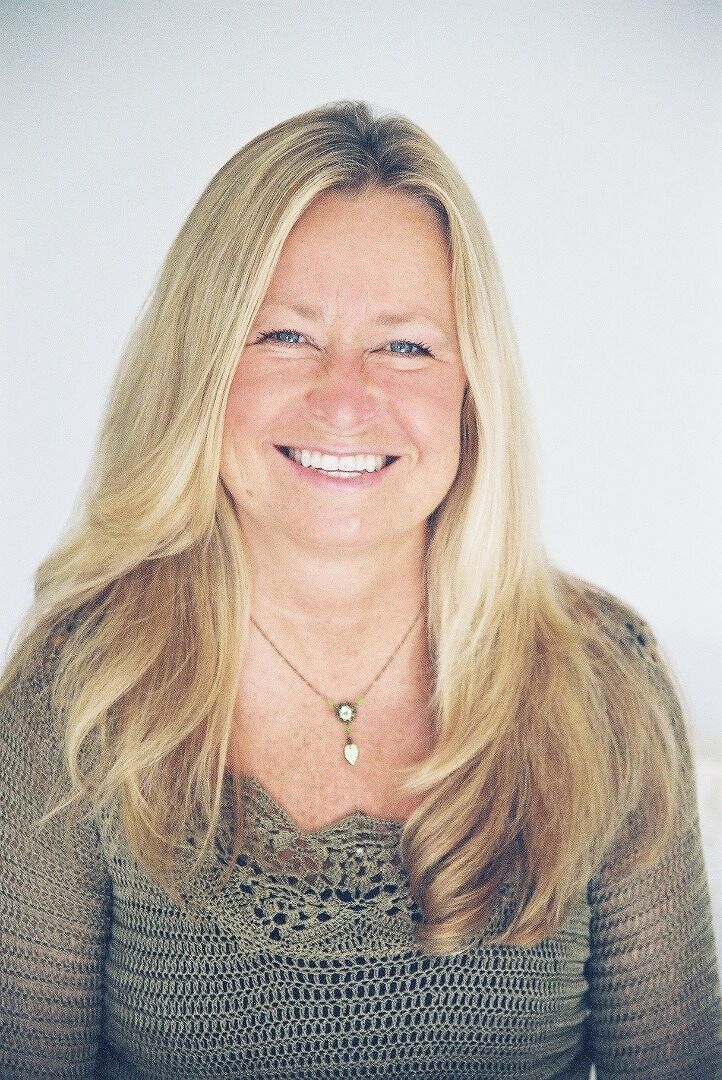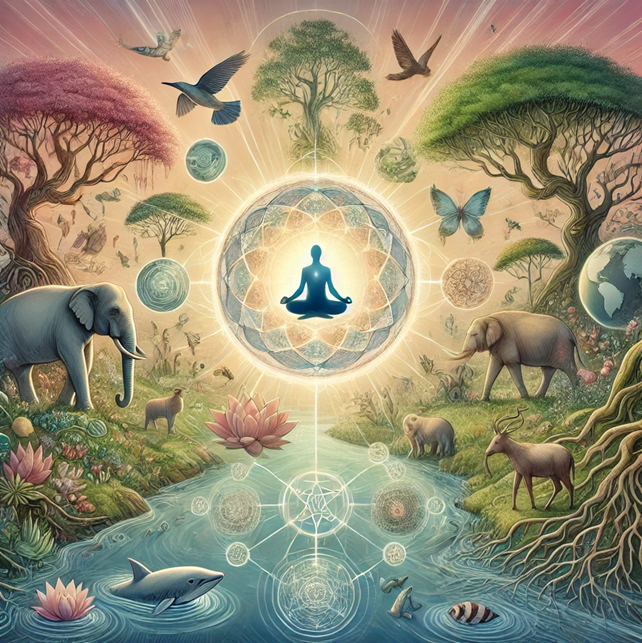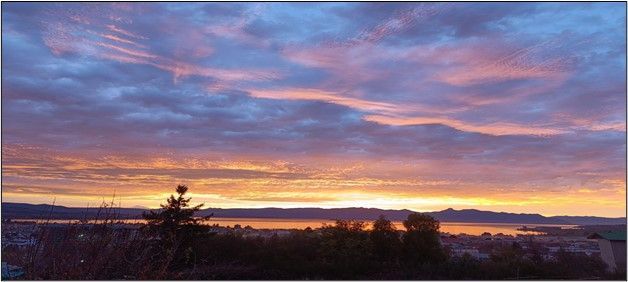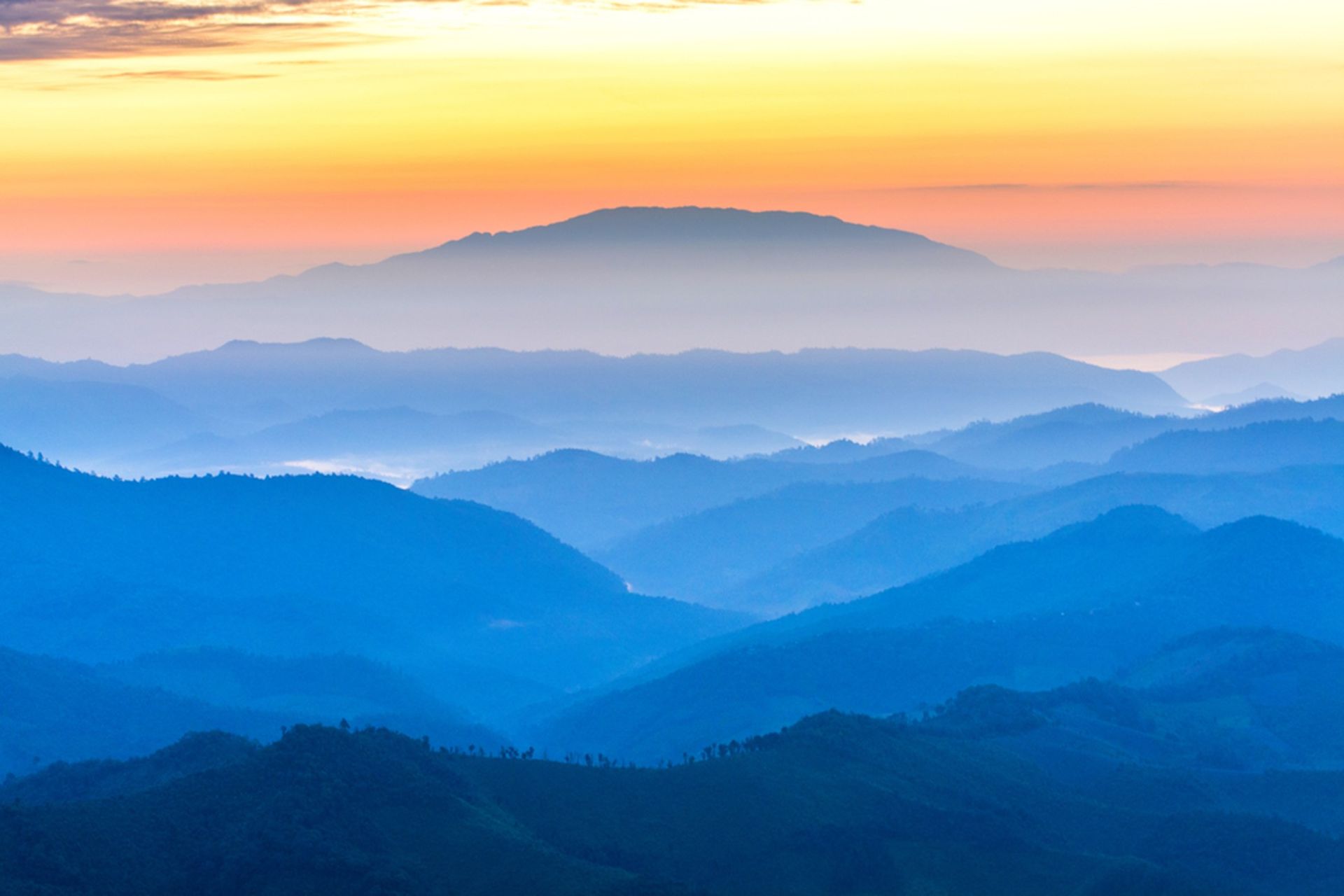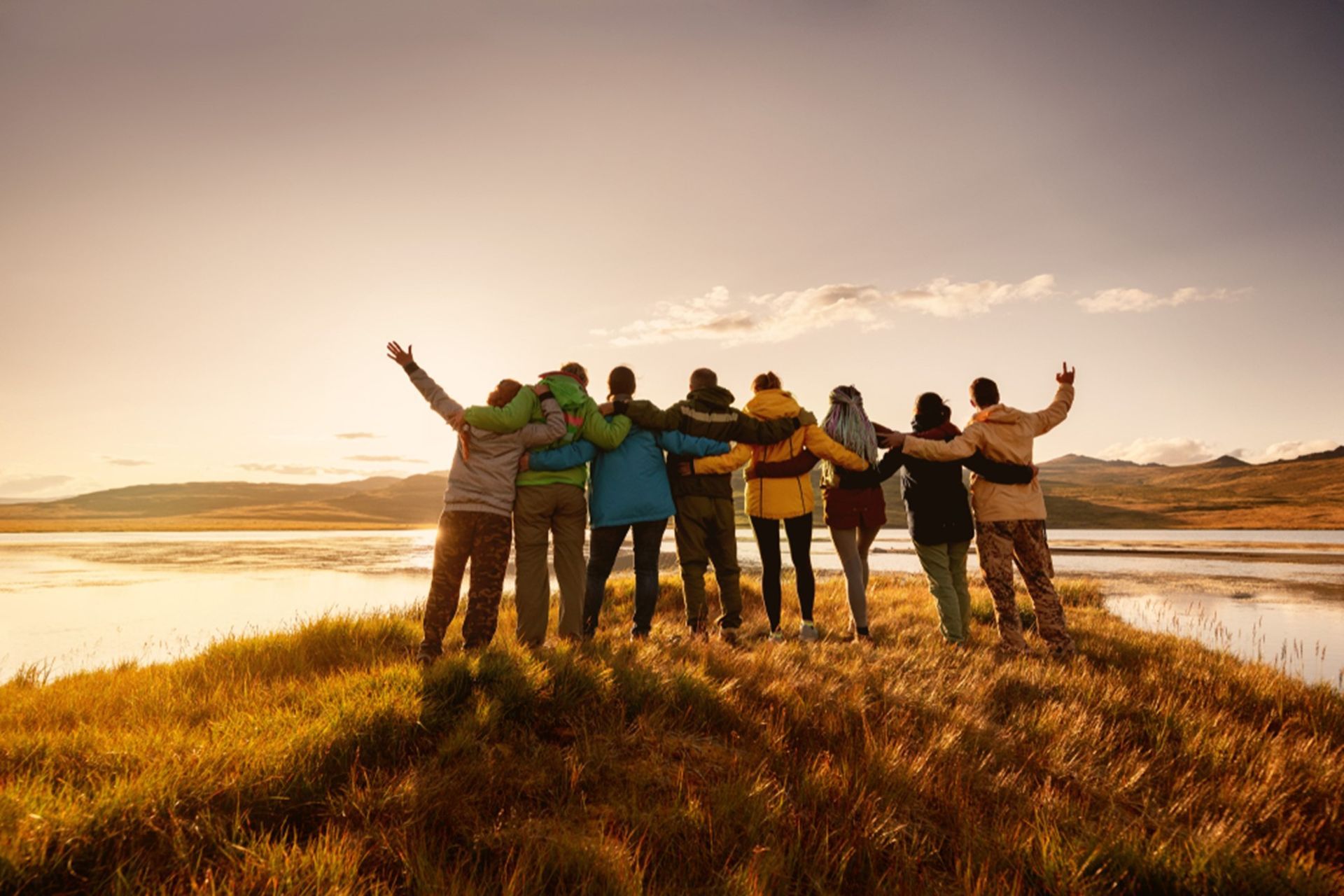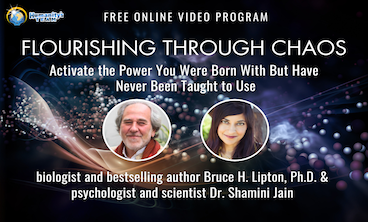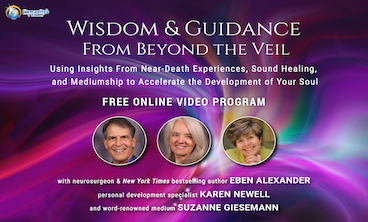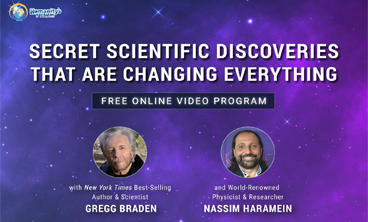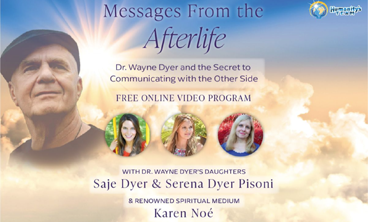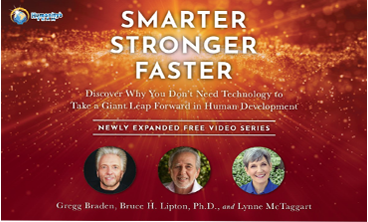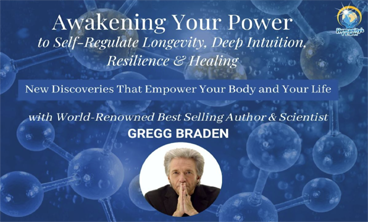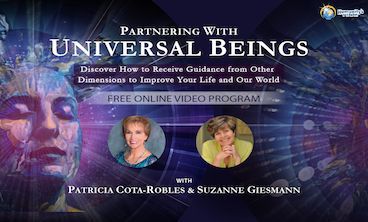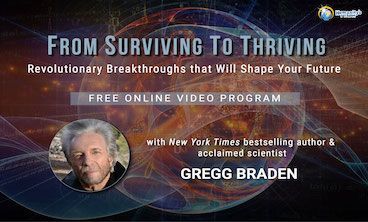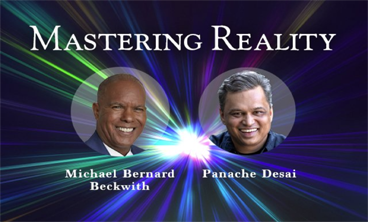Here in the United States, the last Monday in May is Memorial Day, a federal holiday when we pause and honor those who’ve died in the performance of their military duties while serving in the United States Armed Forces. Previously it was called Decoration Day.
Traditionally, all federal offices, banks, and many businesses close so that people can visit the burial places of their loved ones, or just have a day to honor and reflect.
As the holiday grows nearer, I’ve been giving a lot of thought to two primary ways of being in the world. The first I’ll call “independence” and the second, “interdependence.”
All across the globe, men and women serve in their respective forces. Right now they’re serving. In the past they served. And presumably, there will be men and women serving in the future, too.
Sometimes this service is an act of personal decision. Other times, it’s not.
But I’d like to believe that most of these people, once in their military service, hold an attitude of interdependence; that is, that they sincerely believe they are there for the good of their country and their fellow man/woman.
From an historical—and even present—vantage point, we know that the actions of armed forces are not always deemed “right” in the eyes of the world. But still, on an individual basis, men and women have served and do serve in an attitude of interdependence, sometimes giving their very lives for what they consider “right.”
Babies are born into this world dependent, and they carry on for a good, long while in an attitude of independence. We expect it. We nurture it. We even support it. Until…..
We don’t. There comes an age, a time, when we look at children and expect that they will think of the other with themselves. We teach the sharing of that which was once their very own toy. We nurture an attitude of caring for the other person. And we encourage them to be more and more selfless as they move more and more into the world.
Many people do share what they have. And many people do care about others. But it’s only when we truly know that “the other is me and I am the other”—when we know that there is no separation, that we are all One—it’s then that true interdependence takes hold.
It’s at this time in our individual maturity and evolution that we shed our skin of independence. It’s no longer interesting to us to be solely self-oriented, to be in service only to the needs and desires of our lowercase self/personality/ego.
Instead, we recognize Divinity in the other and, by doing so, we fully recognize Divinity in ourselves. We “do” for the other and, by doing so, we “do” for the Divine.
The individual then transforms and rises into the state of the upper worlds, a state where we’re able to see Heaven on Earth and understand the unique parts we ALL play in the Divine Unfolding as we Inter-Depend, connect, and unite.
One of my teammates shared this insightful description of interdependence, that I’d now like to share with you. The quote is from Rabbi Yehuda Ashlag, a Kabbalist Rabbi also known as Baal HaSulam (1885-1954).
“Do not be surprised if I mix together the well-being of a particular collective with the well-being of the whole world, because indeed, we have already come to such a degree that the whole world is considered one collective and one society…Therefore, the possibility of making good, happy, and peaceful conducts in one country is inconceivable when it is not so in all the countries in the world, and vice versa.
“In our time, the countries are all linked in the satisfaction of their needs of life, as individuals were in their families in earlier times. Therefore, we can no longer speak or deal with just conducts that guarantee the well-being of one country or one nation, but only with the well-being of the whole world because the benefit or harm of each and every person in the world depends and is measured by the benefit of all the people in the world.”
We truly are all in this together.
In Love,
Steve


